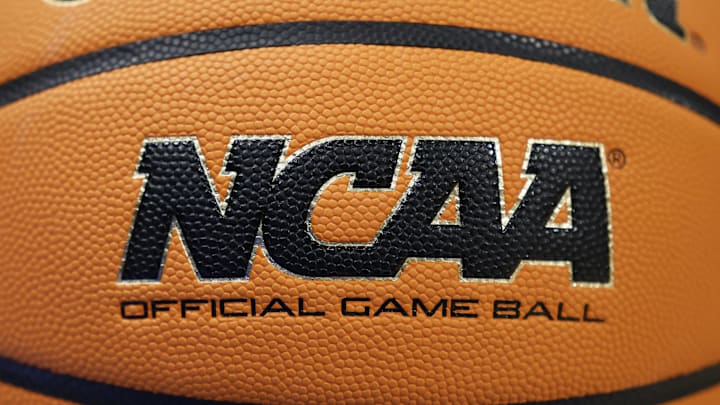House v. NCAA settlement still awaits preliminary approval: ‘We’ve got a problem with this’

U.S. District Judge Claudia Wilken was not prepared to make a ruling on the landmark House v. NCAA settlement Thursday amid concerns over the agreement’s lack of clarity regarding NIL collectives and boosters.
The California-based judge spent over two hours gathering information from attorneys representing the plaintiffs, the NCAA and the Power Five conferences in a preliminary hearing over the multi-billion dollar settlement that could forever change amateurism rules in college sports. Per the $2.8 billion dollar arrangement that was submitted in July, schools would be permitted to share 22% of the average Power Five school’s revenues — around $20 million per year — with their student-athletes as part of a new revenue-sharing model that has received pushback from some groups.
Judge Wilken voiced concerns over how the settlement’s conditions would impact third-party NIL deals, specifically in regard to collectives, if schools will be able to share revenue with student-athletes.
“I’m concerned about the third-party NIL restrictions,” Wilken said. “I’m concerned [the settlement] will limit those opportunities for people moving forward.”
Wilken noted the reported cash flow that some NIL collectives have collected and the varying amounts of money that student-athletes are reportedly earning through third-party deals. She also compared the revenue-sharing model as essentially “pay-for-play,” which the NCAA insisted is still prohibited under the settlement’s terms.
“You will be explicitly paying-for-play or allowing schools to pay-for-play, so that’s not pay-for-play?” Wilken said.
NCAA attorney Rakesh Kilaru countered it’s not “pay-for-play” — somewhat to Wilken’s surprise given her understanding of how boosters work.
“The schools don't have to pay those benefits, and the schools may or may not be able to pay those benefits,” Wilken said. “But clearly, the collectives or the boosters or the third parties do have those resources and are willing to pay them, apparently.”
Wilken debated what exactly defines a “booster” and the future role of NIL collectives before the judge issued a blunt assessment of the settlement’s terms.
“I think we've got problems with this, and I don't have an idea of how to fix them,” Wilken said. “So I think I'm just gonna have to throw this back on you all to see if you can come up with something better.”
The judge also said more details needed to be provided about how the money will be distributed to current and former student-athletes. She questioned how student-athletes will be notified of payments, including what the terms “lost opportunity” and “denied compensation rights” mean since the NCAA doesn’t allow “pay-for-play.”
“I’m not prepared to make a ruling today, as you can probably tell, on whether to preliminarily approve the settlement,” Wilken said. “I think it seems to me likely enough that there will be a settlement, even if there are some changes to what's been agreed to so far, that it's worth working on the notices and claims.”
